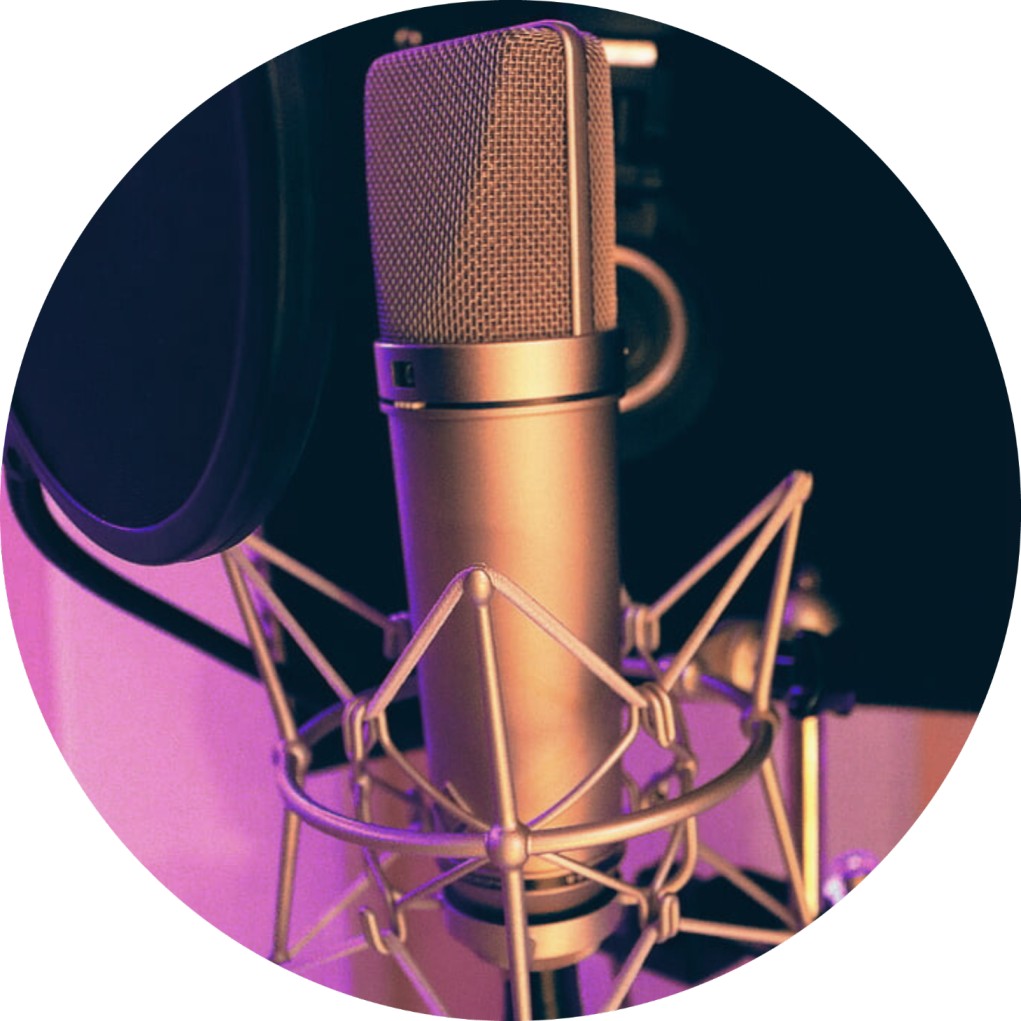“People will forgive bad video—but they won’t forgive bad audio.”
You’ve probably heard that advice before—and it’s never been more true. Whether you’re shooting cinematic B-roll, conducting interviews, or vlogging on the go, your audio quality must match your visuals.
That’s where the best DSLR microphones come in.
In 2025, audio tech has taken huge strides, offering clearer sound, better portability, and easier DSLR compatibility. Whether you’re using a Canon 80D, Nikon D5600, T4i, or even wondering how to fix that annoying mic off icon on your Canon—this guide has you covered.
🎙️ Why External Microphones Matter for DSLR Users
Most DSLR cameras—even the popular ones like the Nikon D5200, D3200, or Canon T4i—have decent built-in mics at best. But they’re nowhere near good enough for professional work. Why?
- Internal mics pick up too much ambient noise
- They’re sensitive to handling sounds (like adjusting your lens)
- Audio lacks depth and clarity
Adding an external microphone—like a shotgun mic or wireless lavalier system—changes everything. You’ll hear the difference in your first take.
🔍 Quick Comparison: Top DSLR Microphones in 2025
| Microphone | Type | Best For | Compatibility | Price (Est.) |
|---|---|---|---|---|
| Rode VideoMic Pro+ | Shotgun | Vlogging, interviews | Canon/Nikon DSLRs | $299 |
| Saramonic Vmic Mini | Shotgun (Compact) | Beginners, travel | Universal (3.5mm jack) | $59 |
| Deity V-Mic D4 Duo | Dual-capsule | Two-way interviews | Canon/Nikon (TRS cable) | $89 |
| Nicama Lavalier Microphone | Lavalier (wired) | Sit-down talking heads | DSLR & smartphones | $29 |
| DJI Mic 2 | Wireless lavalier | Run-and-gun interviews | DSLRs (TRS adapter included) | $349 |
| Comica BoomX-D PRO | Wireless collar mic | Multi-person shoots | Canon/Nikon via hotshoe | $229 |
| Tascam DR-10L Pro | Bodypack lav (Recorder) | No cable hassle | Dual system (no camera input needed) | $219 |
🔥 Our Top Picks for DSLR Microphones in 2025
1. Rode VideoMic Pro+ — Still the Gold Standard
If you’re looking for the best shotgun mic camera DSLR users swear by in 2025, this is it.
Why it’s great:
- Automatic power on/off with DSLR
- High-pass filter eliminates background hums
- Excellent battery life (100+ hours)
Personal Insight:
I’ve used the Rode VideoMic Pro+ extensively on a Canon 80D. It instantly eliminated the hiss from the internal mic. Plus, that mic off icon (common on Canon DSLRs when there’s no active input) disappeared once this was plugged in.
👉 View on Rode’s Official Site
2. Saramonic Vmic Mini — Budget Beast
Don’t let the size fool you. This compact shotgun mic punches above its weight.
Why it’s perfect for beginners:
- No battery required
- Lightweight and travel-friendly
- Solid performance under $60
Great for Canon T4i external microphone users or Nikon D5300 external mic needs. It includes a shock mount, so your audio stays clean even if you move the camera.
3. Nicama Lavalier Microphone — Wired & Reliable
This wired lavalier mic offers pro-grade sound at a fraction of the price.
Who should use this:
- YouTubers doing sit-down videos
- DSLR users shooting short films or interviews
It connects easily to DSLRs using the 3.5mm jack. I’ve tested this with the Nikon D5200 external mic port—zero issues. It’s a no-frills tool that just works.
Pro tip: Keep a backup battery, and use a simple DSLR shock mount to isolate noise.
4. DJI Mic 2 — Wireless Excellence for Creators
The DJI Mic 2 has raised the bar for wireless collar mics for DSLRs in 2025.
Top Features:
- Dual-channel recording
- Onboard backup recording (in case of camera failure)
- Real-time monitoring and touch screen controls
Whether you’re interviewing someone across the street or filming a fast-paced travel vlog, this mic keeps your audio flawless.
🧠 Interesting Insight:
Compared to older wireless systems, DJI’s range is phenomenal—up to 820 feet! I used it on a windy mountain shoot with my Nikon D5600—zero dropouts, crystal-clear vocals.
5. Deity V-Mic D4 Duo — For Two-Way Conversations
This mic is unique because it records both in front of and behind the camera.
Ideal for:
- Travel vlogs
- Documentaries
- Live Q&A videos
Use Case Example:
I tested this mic during a walking tour where I needed to narrate while filming others. It worked beautifully on my D3200 microphone input using the included TRS adapter. No need for two separate lav mics.
🎛️ Pro Tips for Getting the Best Audio from Your DSLR
✅ Always Monitor Your Audio
Use cameras with headphone output, or get an external monitor. You’ll catch issues before you hit post.
✅ Use a Shock Mount
If your mic doesn’t come with one, buy a DSLR shock mount. It’ll prevent handling noise and vibrations.
✅ Watch for Mic Icons on Canon DSLRs
If you’re seeing the Canon 80D mic off icon, it usually means:
- No mic connected
- Wrong type of mic (e.g., passive mic that needs phantom power)
- Faulty cable
Use powered mics or those designed for DSLRs (TRS, not TRRS plugs).
✅ Convert USB Mic to DSLR? Not Ideal
While there are ways to use a USB mic to DSLR via adapters or audio recorders, it’s often easier (and more reliable) to just get a DSLR-compatible mic.
🔌 Wired vs. Wireless: Which is Best for You?
| Criteria | Wired Mic (e.g., Lavalier) | Wireless Mic (e.g., DJI Mic) |
|---|---|---|
| Portability | Medium | High |
| Setup Time | Quick | Slightly longer |
| Reliability | Excellent | Great (but check battery) |
| Audio Quality | Pro-level | Pro-level |
| Best For | Sit-down videos | Interviews, movement |
🧠 Final Thoughts: Which DSLR Microphone Should You Buy?
If you’re starting out, grab the Saramonic Vmic Mini or Nicama Lavalier. They’re budget-friendly and offer great quality for the price.
Shooting pro interviews or events? Go wireless with the DJI Mic 2 or Comica BoomX-D PRO.
Need ultimate control and sound isolation? The Rode VideoMic Pro+ remains the top-tier option for 2025.
Each mic serves a different style—but they all deliver one thing: clean, powerful audio worthy of your DSLR’s visuals.
🚀 Call to Action: Capture Your Best Sound Yet
Found the perfect DSLR microphone for your needs? Let us know what you’re shooting and which mic you chose!
👇 Drop your thoughts in the comments or check out our full DSLR audio setup guide for even more pro tips.
Want more gear recommendations? Subscribe to our newsletter and stay ahead of the curve in 2025!

